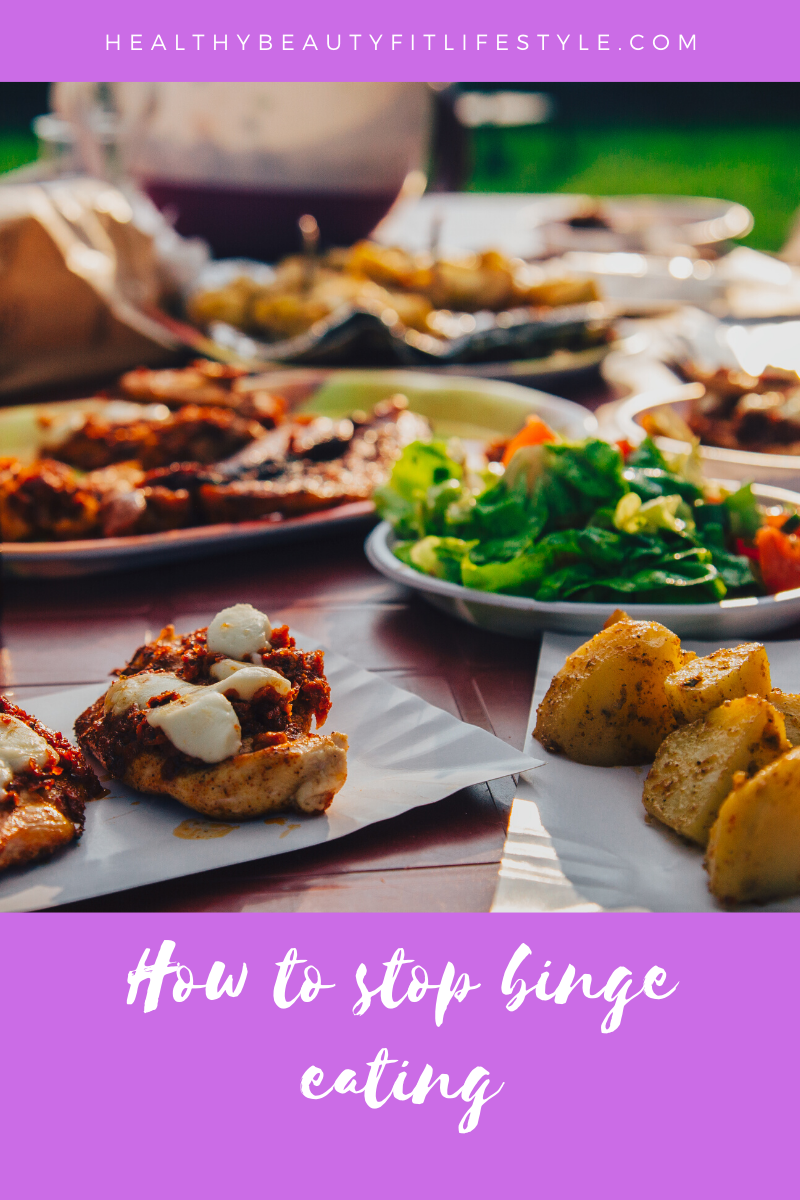Plant-based lifestyle has always existed. It has gain more popularity due to the many benefits that people find, especially in wellbeing and maintaining a healthy weight. There are more people making the choice to substitute meat or animal foods, for plant-based sources of protein. I will review the basics of this eating lifestyle and how you can take advantage of it for your health.
What is a plant-based diet?
The plant-based diet, is what we normally known as vegetarianism. Is a lifestyle in which the main foods are whole fresh fruits, vegetables, leaves, nuts, seeds, grains, legumes, and others that come from plants. There are different types of eating lifestyles that fall into this category. With this, you can have your own eating habits, without meaning you are a “strict vegetarian”, “vegan”, “raw”, “clean eater”, “paleo eater”, and all other many tags that are commonly used for making plant-based choices.
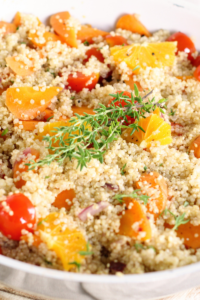
There is a difference in each type of plant-based eating lifestyle. Typically, you eat less meat, or eliminate it all together from your diet. It is totally up to each person to decide the eating choices depending on the cultural patterns, religious reasons, social beliefs, etc. The good side is that this type of eating regimen has great benefits for the health.
What are some types of plant-based eating lifestyles?
I will outline the most common and clearly identified eating regimens in this category:
- Lacto-ovo vegetarianism: An eating lifestyle that includes dairy products, eggs and plant-based foods.
- Lacto-vegetarianism: A regimen in which you consume dairy foods and plant-based products. No eggs are included.
- Ovo-vegetarianism: When you eat basically eggs and plant-based foods. It excludes dairys.
- Pesca-vegetarianism: When you eat fish, no other types of meats. These go along with plant- based foods.You may include eggs and dairy products occasionally.
- Vegan: The vegan lifestyle is the one in which there is total abstinence of eating animal foods and derivatives. Strict vegans may may even extend to avoiding leather, shoes, or other materials made from animals.
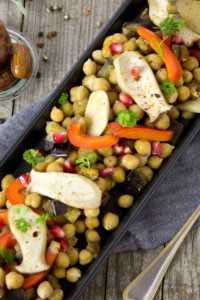
What are some of the benefits of a plant-based lifestyle?
The are many different benefits. It all depends on your eating habits and specific food choices you make. Here are some:
-
You eat “cleaner”:
Usually, plant-based eating lifestyles include more fresh, natural foods. There are less additives, preservatives, hormones and other chemical substances in these types of foods. If you go for organic produce, you even take more advantage of cleaner eating. Because of that, your body is more efficient in digesting and using the nutrients contained in foods naturally. Also, since you are eating less animal sources, the amount of saturated fat you consume is less, leaving you with healthier fat sources like vegetable oils.
-
You have better control of blood sugar and blood cholesterol levels:
It has been proven that eating less animal foods helps us to improve blood circulation. One of the best proofs is better blood sugar and cholesterol levels. Most animal foods contain some saturated fat. You stand a better chance of lowering bad cholesterol in your body when eating lean.
-
It is easier to control weight gain:
When choosing plant food sources, you tend to eat less calories. Foods like fruits, vegetables, green leafs and others have fewer calories. Therefore, it is easier to control the calorie count in your meals. However, this is not always a rule of thumb, as this totally depend on your eating lifestyle and food choices.
-
You have better digestion:
Plant food sources are rich in fiber, vitamins and minerals. Plus there is less saturated fat intake. Because of this, you are more likely to have better digestion. Fiber helps to “clean” the digestive system of toxic substances. It is also used to promote a normal gut movement. Your gut will be healthier and you can avoid problems such as: bloating, constipation, colon diseases and others.
-
Food safety:
By consuming more plant foods, you avoid the risk of suffering food poisoning. There are many bacteria diseases caused by “bad meat”. Salmonella, E. coli and other harmful bacteria are the main responsible for food poisoning from animal sources. You can enjoy eating foods that are safer and eliminating these health risks. This is another great advantage of eating less animal products.

What about the protein in a plant-based diet?
This is the main concern of many people when going vegan. If you choose to be strictly vegan, then you must seek for protein plant food alternatives. Protein intake should not be of great concern, unless you are following a very strict diet or if you are an athlete. People who practice high-performance sports should look for assessment from nutritionists in order to properly manage your foods.
How much protein should I consume if I follow this type of lifestyle?
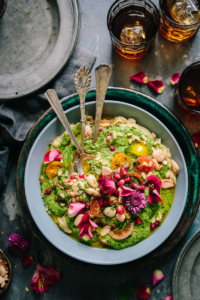
Protein should be of high priority in every diet, especially if you have a vegan lifestyle. The main reason is because protein is one of the most important macros. it is also the building block of our body. Typically, the best sources of protein are found in animal sources, like meats, eggs and dairy. So, if you decide to exclude animal foods from your diet altogether, make sure to choose the best alternatives.
Basically, protein intake depends on the individual’s goals, lifestyle, eating trends, health condition, etc. In general, the Academy of Nutrition and Dietetics recommends 0.8 g of protein per kg of your bodyweight. To understand it easier, if a person weighs 64 kgs, that would be 51g per day. In a 2000 calorie, that would be about 10% of the daily intake.
Best protein food sources for vegetarians
Starchy foods:
- Beans
- Lentils
- Soy
- Quinoa
- Millet
- Amaranth
- Gluten free pasta
- Bean pasta
Strong protein based:
- Spirulina
- Vegetarian food products (especially the ones made of soy)
- Eggs and dairy products (milk, yogurt)
- Protein powder supplements
- Nutritional yeast
Healthy fat foods:
- Nuts (almonds, walnuts, pistachio, cashew, pecan, brazil nuts, etc)
- Seeds (chia seeds, pumpkin seeds, sunflower seeds, flax seeds)
- Organic tofu
- Edamame
Remember to include a variety of foods in your eating lifestyle to ensure that you are getting the most nutrients and benefits. A plant-based diet doesn’t have to restrict nutrient intake, once done correctly. Make sure to properly receive assessment from a nutritionist (you may contact me) for proper guides. Share this information with your friends and feel free to comment, subscribe to receive more useful information for better eating lifestyle suggestions.
A healthier version of coffee? Yes… I tried Krios Coffee Brilliance Blend and one of the things I like about it is how it makes me feel energized, without the negative side effects of caffeine. What makes this coffee different from other brands is that it’s infused with vitamins and adaptogens (natural superfood blends) that enhances your focus and memory. Other great benefits include:
- Stress and anxiety relief
- Immune system boosters
- No jitters no energy crash
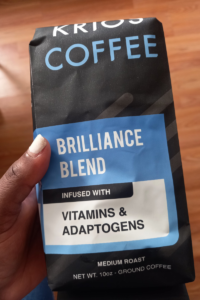
This is a perfect option for your wellness and fitness goals
Check out their store and get a 15% discount using code ZOLA

